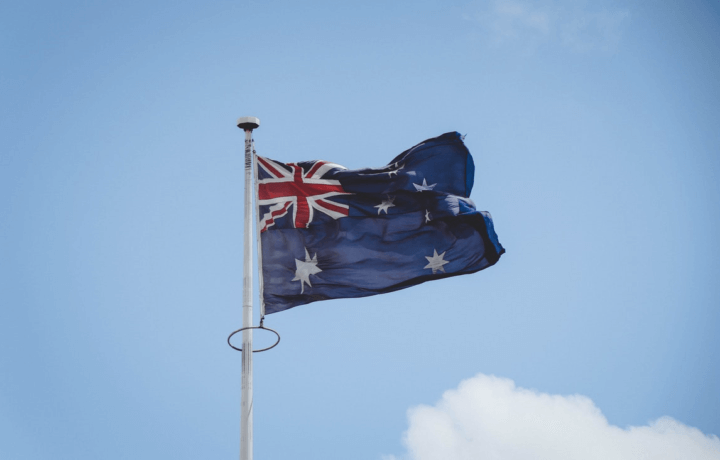Counterintelligence briefings are the mainstay of educating individuals who enjoys the trust and confidence of the United States by virtue of their national security clearance to the threat posed by hostile intelligence entities. The Australian Security Intelligence Organisation (ASIO) recently issued their annual report to Parliament. The experiences of this United States ally and member of the Five Eyes (FVEY – United Kingdom, Canada, United States, Australia and New Zealand) are not unique to Australia and thus should be taken on board by Facility Security Officers (FSO) to include in their own counterintelligence and travel briefings.
The report makes clear that the threat from “foreign states seeking to obtain strategic advantage at the expense of Australia and its interests cannot be understated.” Then within the body of the report annotated the successful counterespionage efforts by ASIO.
While use of official cover, that associated with a non-intelligence government entity is recognized as the norm by counterespionage entities, and thus individuals within a given Embassy or Consulate can be parsed based on activities, those not associated with an official mission are more difficult to identify. The ASIO notes that during this past year they successfully identified “undeclared foreign intelligence service personnel and activities in Australia.” This discovery provided them with a broader perspective to the espionage threat which they were facing.
Targeting Australia’s Intelligence Community
This undeclared activity took the form of an “Australia-based foreign national who was assisting a team of foreign intelligence officers.” The target of the unidentified nation state actor was the National Intelligence Community – in the United States that would equate to the Office of the Director of National Intelligence (ODNI) and the agencies/departments which fall within the ODNI remit.
A U.S. parallel is the relatively recent arrest and successful prosecution of Edward Peng, who was working as a Chinese intelligence support asset would fall into this descriptor when applied to the United States. Peng serviced dead drops, met with human assets, and provided communications support in the conduct of espionage on behalf of China.
Targeting those with a national security clearance
Australia notes that they too observed and neutralized efforts to “recruit a number of Australian security clearance holders who could provide them with access to classified Australian Government information.” One of the ways in which targeted Australians were engaged by foreign intelligence entities was via online social media platforms.
The targeting of travelers
In addition, travelers overseas are targeted by intelligence organizations and Australians have been approached “through professional networking sites, seeking non-public or sensitive information under the guise of representing think tanks and recruitment agencies. The Australian example is remarkably similar to the FBI warning provided in their recent counterintelligence training video “The Nevernight Connection”
Unsurprisingly, the “ASIO has identified efforts to develop relationships with political figures, academia, commercial interests and individuals, in pursuit of objectives detrimental to Australia’s interests.” The parallel within the United States is evidenced by FBI and Department of Justice warnings concerning foreign interference in the U.S. election and the arrest and prosecution of individuals operating within China’s Thousand Talents Program.
The prime takeaway is how the counterintelligence and counterespionage experiences of Australia may serve as confirmatory evidence for FSOs in their annual briefs as a means to demonstrate the global nature of the threat.




